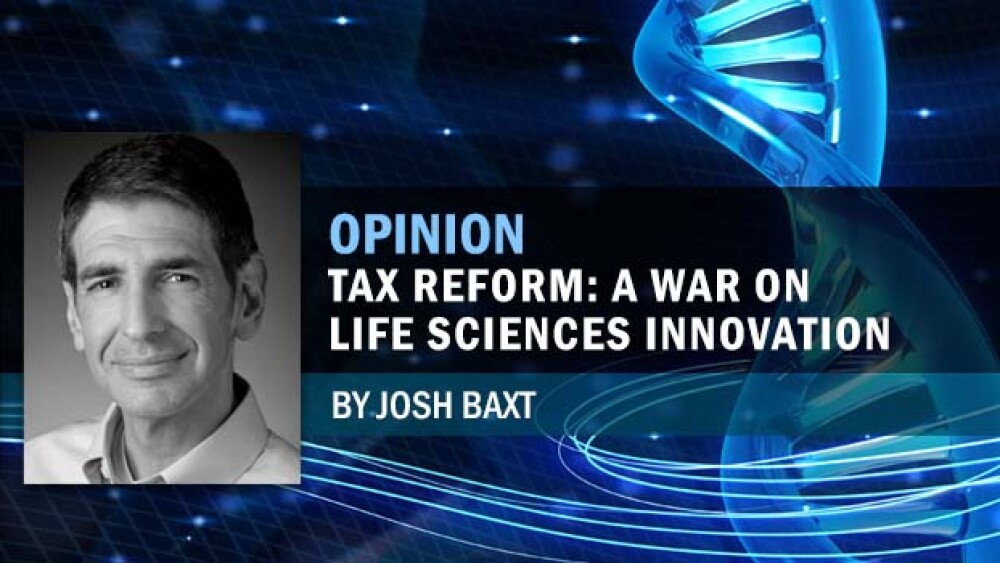One of the biggest concerns has been the loss of the R&D tax credit, which incentivizes companies, including life science firms, to support research.
This opinion piece presents the opinions of the author. It does not necessarily reflect the views of BioSpace.
The recent push for tax reform has been an ugly affair, filled with secret provisions, last-minute amendments and party line votes. Some say the legislative process is like making sausage, but in this case, it’s more like a toddler playing with plutonium.
The entire process seems less about making good policy than producing a political win. That means doing everything possible to get the necessary votes, which has led to some bizarre results.
For example, the Senate was planning on doing away with the corporate alternative minimum tax (AMT), but at the last minute decided to keep it. The AMT is designed to keep corporations from paying little or no tax. Under the current system, the regular corporate tax rate is 35 percent and the AMT 20 percent. Under the Senate bill, both rates would be 20 percent, which is an odd outcome.
As a result, many more companies could be subject to the AMT and lose some directed tax breaks. One of the biggest morning-after concerns has been the loss of the R&D tax credit, which incentivizes companies, including life science firms, to support research.
The House’s bill has its own anti-innovative warts. One of the most egregious is the effort to tax student tuition credits. Many graduate students receive stipends (taxable) and credits (untaxable). The House plan would tax tuition, which would significantly increase the tax bill for many graduate students. Remember, this effort is supposed to cut taxes.
Going after graduate students seems short-sighted and a bit mean-spirited. If you’ve ever seen a group of PhD candidates rip through the canapes at a campus reception, you know what I’m talking about. They’re not really made of money.
So, what is Congress thinking? Does taxing students help the economy, or did they just need to find some (any) source of revenue?
If this goes through, it could potentially decimate America’s technological workforce. Faced with much higher costs, some students will opt out of grad school entirely. Others will go to more student-friendly countries. Many will stay abroad, taking their expertise and brain power with them. The nation could compensate by issuing more H1b visas, but that seems like a hard sell in this political climate.
Looking at the two provisions together, it’s quite the double-whammy. Grad students would pay more for their education, only to face a tighter job market if R&D spending is slashed.
Then there’s the unwritten provisions: the budget cuts that will become necessary to counter ballooning budget deficits. Anyone who thinks the NIH won’t get caught in that crossfire, hasn’t been paying attention.
What happens if the nation loses the next generation of lab scientists and corporate leaders? Cancer, diabetes, Alzheimer’s disease – they’re not going away. Where will we find the innovators to solve these amazingly complex problems?
Fortunately, the House and Senate bills are being reconciled, and Congress has the opportunity to set this right. Let’s hope they take it.
Josh Baxt has been a science and healthcare writer for more than 18 years, working at Scripps Health and the Sanford-Burnham Medical Research Institute before going freelance in 2011. He writes about molecular biology, genomics, pharmaceuticals, emerging medical technologies, regulation and public policy. He is based in San Diego.





